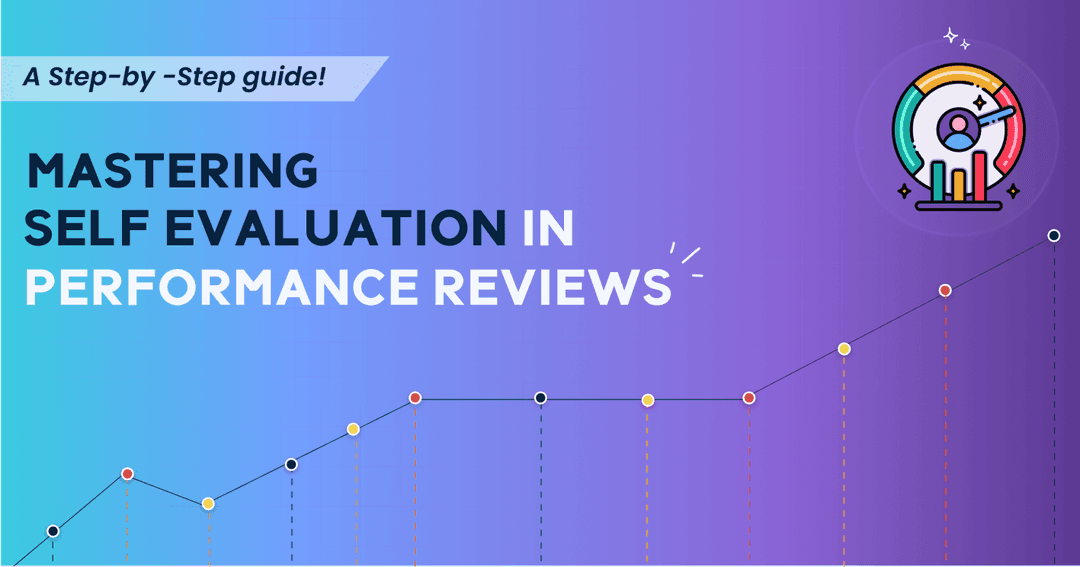
In a study by Gallup, it was found that about 14% of employees agree that performance reviews help them improve, while about 86% of them state that it doesn’t. This is clearly not because performance reviews aren’t useful; rather, they are not becoming effective.
Mastering self-evaluation in performance reviews is a mandated need. For it tends to get overlooked. A well-drafted self-evaluation of employees can empower them, improve their performance, and make a more balanced environment for them to thrive in.
So, this step-by-step guide will elaborate on how to effectively write a self-evaluation for a performance review.
Employee self-evaluation is a means of personal assessment of one’s own performance as an employee at a set period of time. It is part of an annual or biannual performance review.
It is an opportunity for reflection on challenges and other areas for improvement and growth. With such an opportunity, it enables employees the ability to assess how their work and core values align with the company goals and their job description. On how they were able to contribute to team projects and how much they have grown throughout their respective roles.
Evaluation of an employee's performance alongside other reviews to offer a more wholesome picture of how effectively an employee’s performance. This structured opportunity reflects on challenges and how it aligns with other company goals.
The employees can attempt to list out their core values and goals that they have achieved throughout the year and the accomplishments they have had, which would validate them regarding their achievements and empower them in the process.
This is also a means to assess all the skills an employee has that are relevant to their job roles, inclusive of an ability to communicate, problem-solving, leadership, reasoning, and team spirit.
Understanding the goals and what the future holds is very reasonable and simply a key part of self-evaluation to be able to articulate a series of objectives that matter further helping set goals for the future.
Identifying and working on the specific areas to improve upon is simply highly important, considering actionable plans to improve in these areas. Understanding this through the constructive feedback they have received before as well.
This offers a means through which employees can offer continuous feedback, which enables a clear understanding of what they think of the management or the different resources that are available to them, the workplace conditions, and more.
Self-evaluations promote open communication between employees and supervisors, help align individual goals with organizational objectives and encourage employees to take ownership of their professional development.
Gives employees the opportunity to encourage a sense of self-awareness, their strengths, and particular areas that need improvement. This also fosters a sense of self-awareness that further leads to the development of these employees and supports their professional growth.
Evaluating the overall effectiveness of the employee’s performance helps them be more accountable to evaluate the growth of these employees, their wins and shortcomings. This builds a reliable amount of trust between the managers and other employees.
Evaluating themselves helps employees align their personal goals with other organizational goals. This also enables more strategic career growth and development.
This encourages an open dialogue between the employees and managers, as there is clarity on what the employee’s perspective ideally is. Opening up two-way effective communication and promoting a stage for self-assessment and positive attitude with alignment with the company values.
The manager can make more informed decisions with such performance reviews or performance evaluations considering they have clarity about the overall future goals of the employee using self-assessment as a reference to make important decisions on raises, promotions, and more.
The self-evaluation process is usually also structurally aligned with the key performance indicators (KPIs), which also include:
Challenges: The most important thing is getting right to the challenges and obstacles that employees endure. They have to make it clear what is a challenge in their current role and also mention how they addressed and dealt with the issue as well and how that particular experience changed you as a person. This ensures continuous learning as well.
Achievements: Addressing the wins and highlighting them helps align everything with what the company demands in its entirety and their time management and overall job performance. Like meeting the sales targets, meeting deadlines, or even submitting way before the deadline and supporting these wins with measurable outcomes. It empowers the employees.
Areas to Improve: The areas where the employees need to improve give them a sense of self-awareness, which will help in outlining the different steps the company takes in having these improvements made.
Abilities and Skills: To focus on the abilities of an employee and how they contribute to the company culture and its growth and what their area of expertise, their leadership or communication skills.
Goals: Reflecting upon one's own personal growth and setting future goals is rather important. Using this chance to emphasise how ambitious the employee is and how motivated they are to get to work is also important. This promotes the collective goals of the company as well as the employees and has it aligned.
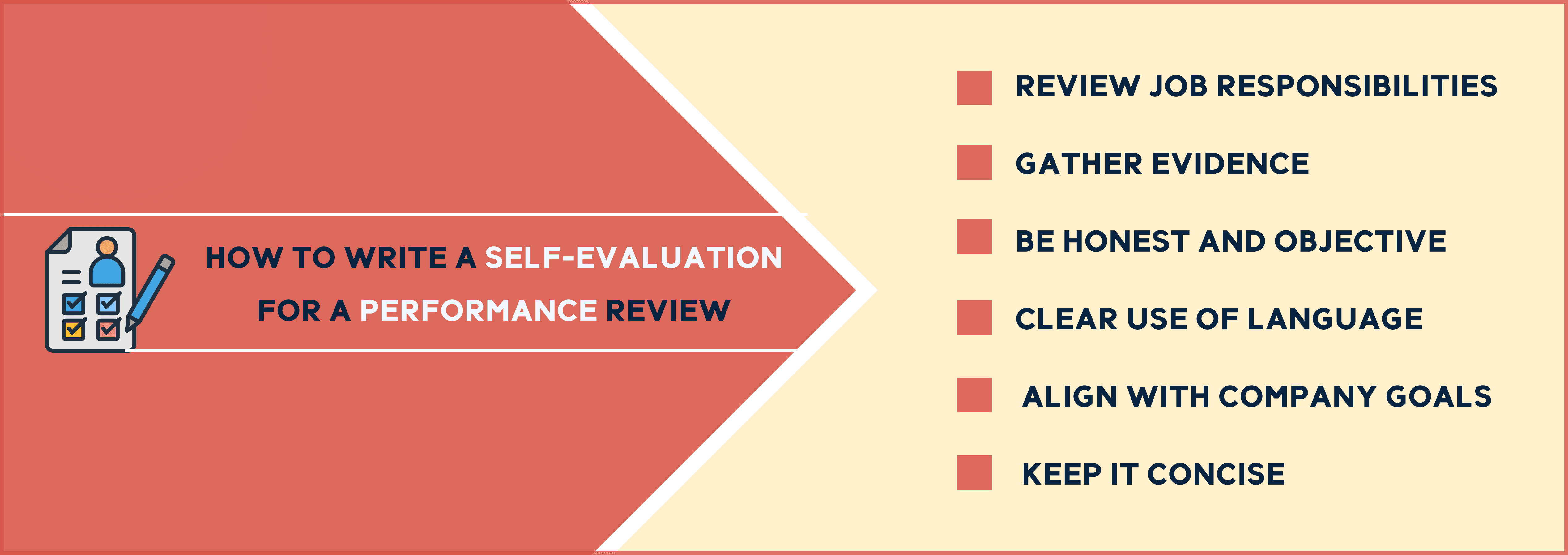
Align with Company Goals: Achievements need to be aligned with the company’s mission and other objectives. This would show in an entirety the focus on contributing to a broader means of success within the company. This gives more opportunities for growth for the company and its professional development goals as well as the career path of the employee.
To be able to write an effective self-evaluation can sometimes feel awkward, for you are unsure what to focus on. That is exactly where CompUp contributes. CompUp streamlines the whole process of self-evaluation for you, making it an absolute ease that the employees track their own individual progress.
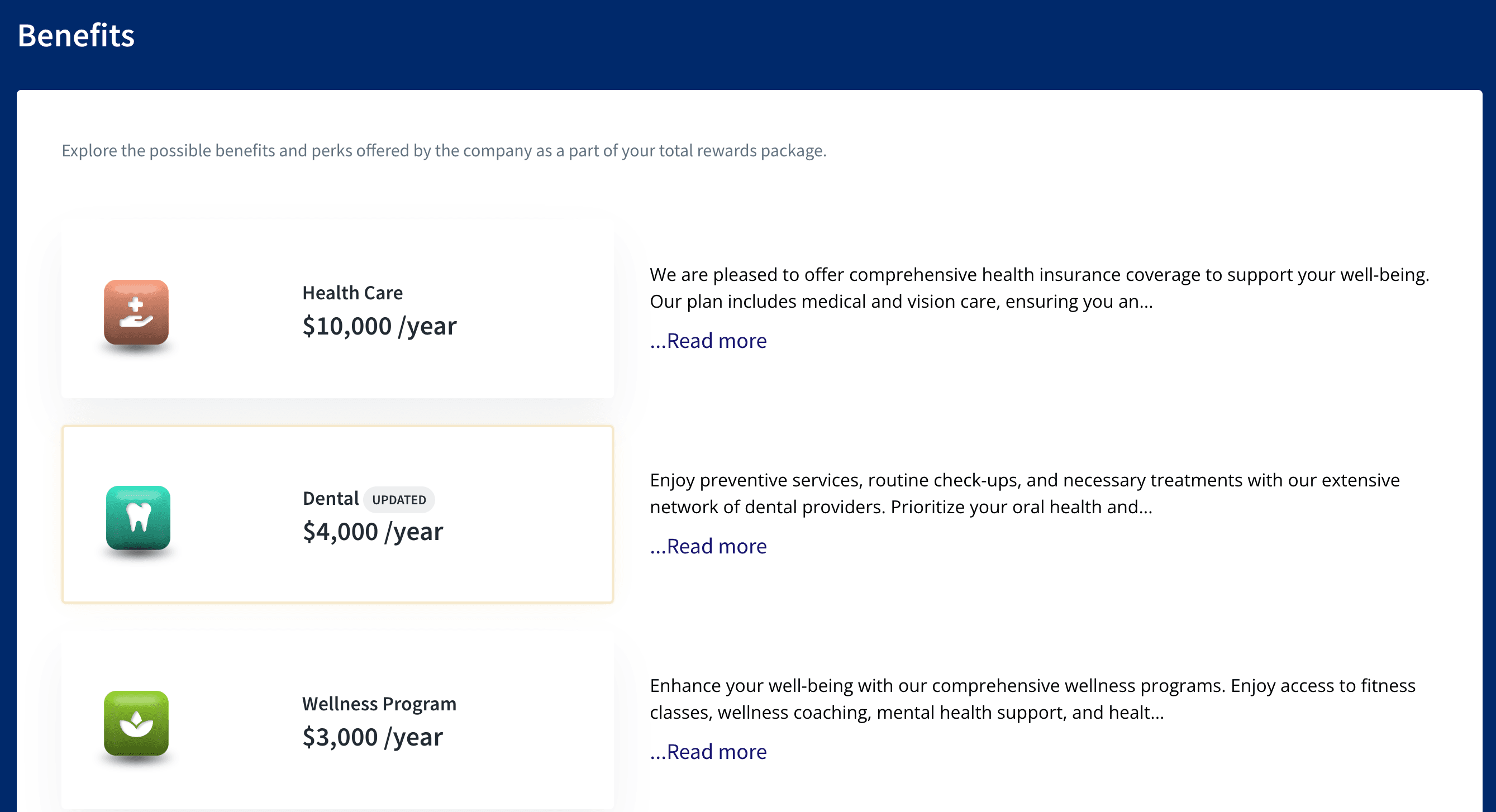
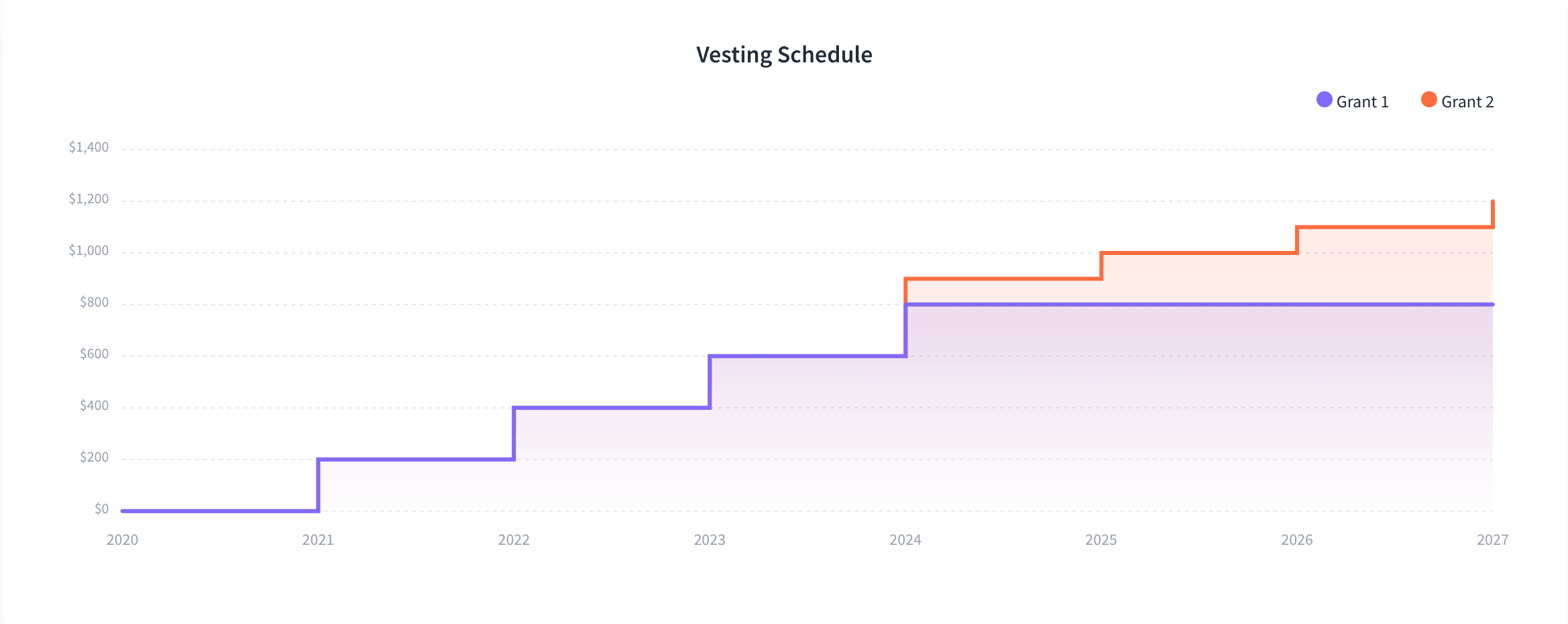
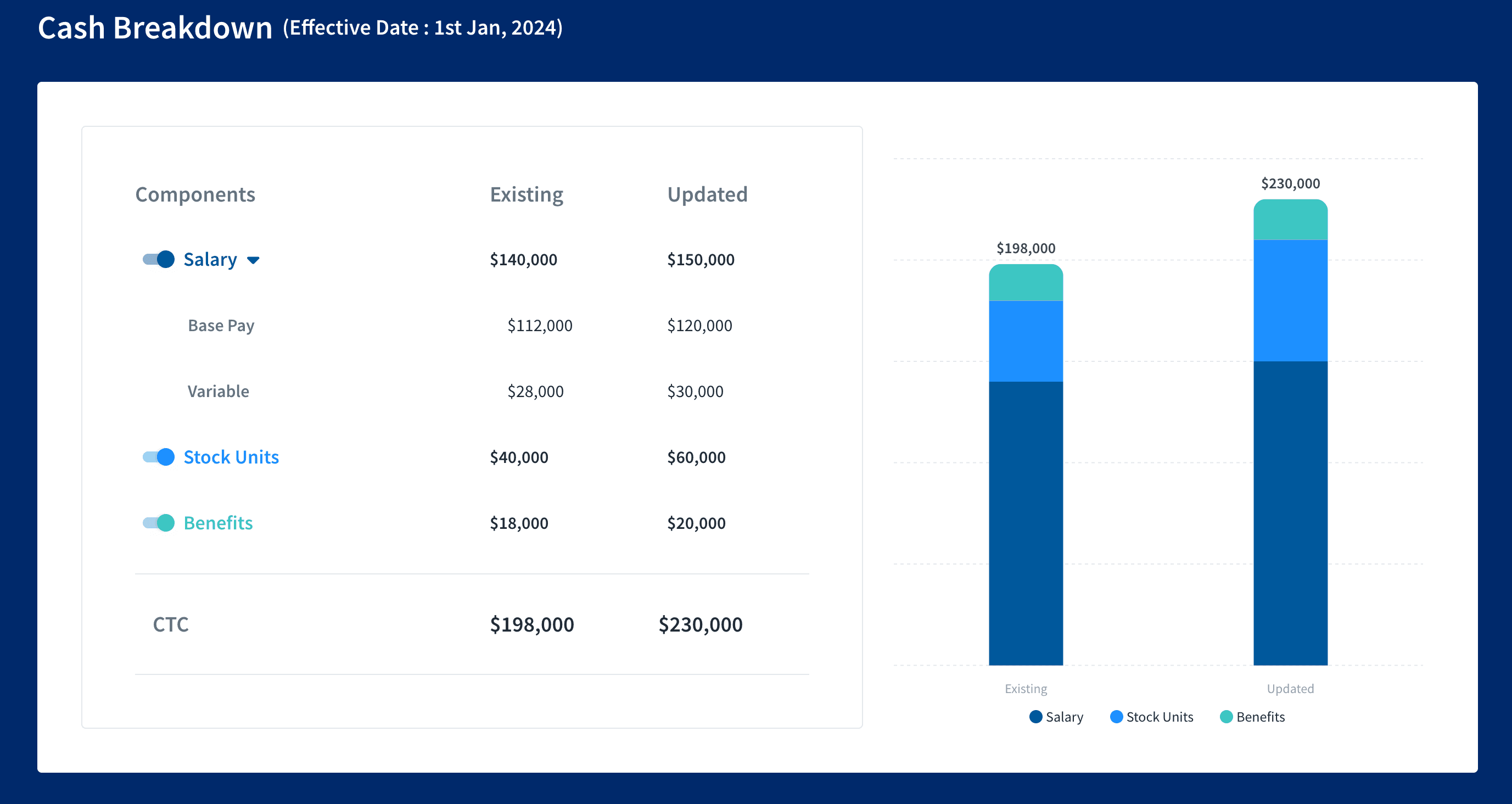
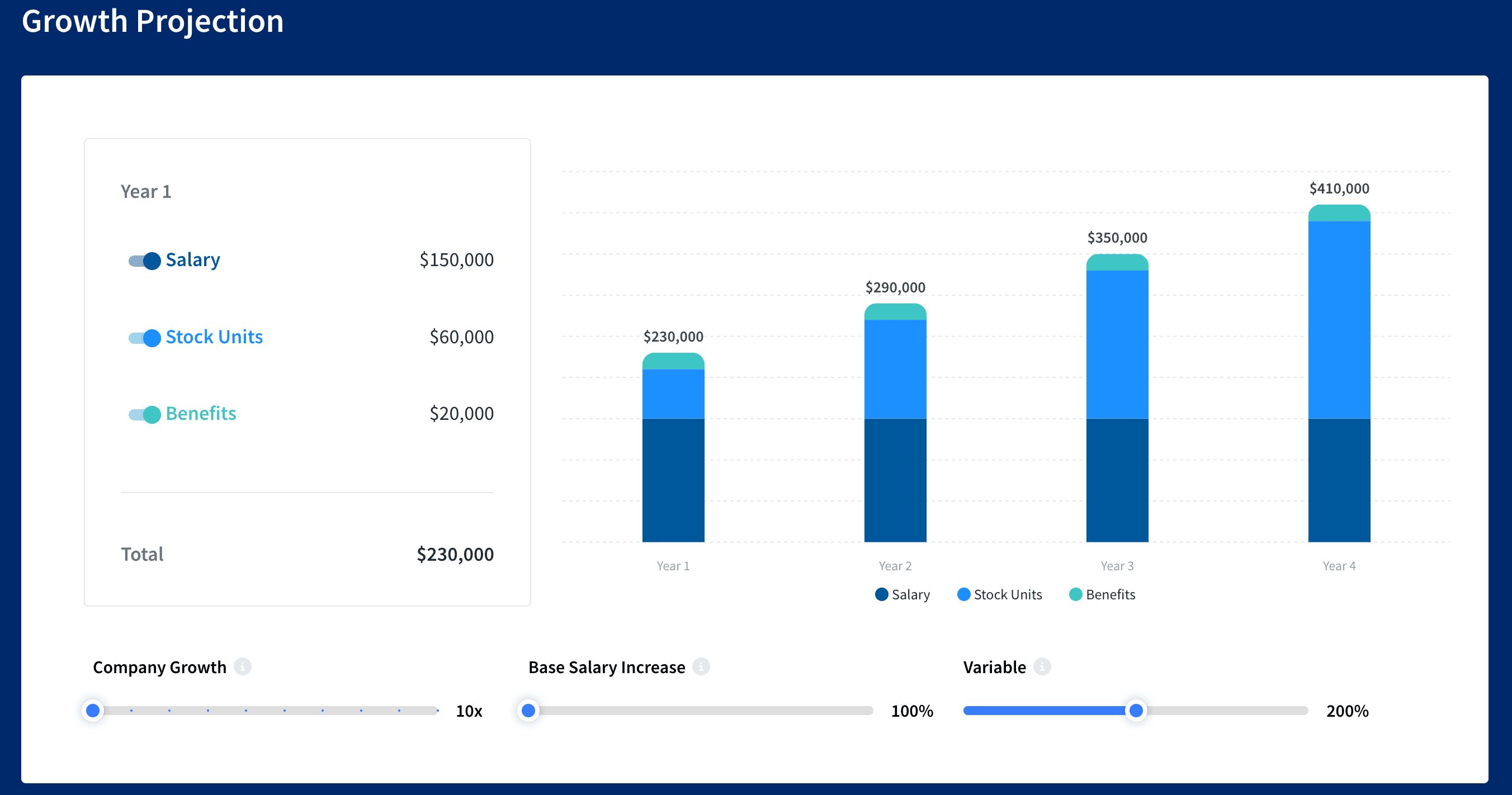
Mastering the art of self-evaluation with a step-by-step guide from CompUp is an essential skill for any employee looking to grow in their career. By reflecting on your achievements, challenges, strengths, and areas for improvement, you set yourself up for success during performance reviews.
Click here to know more about the features of CompUp’s total rewards statement.
Revolutionizing Pay Strategies: Don't Miss Our Latest Blogs on Compensation Benchmarking